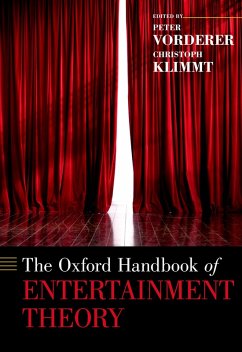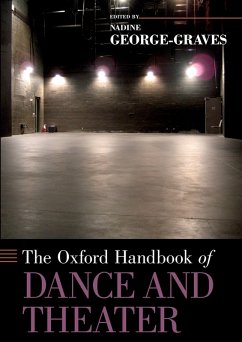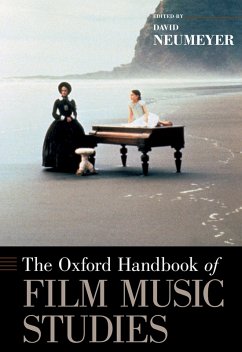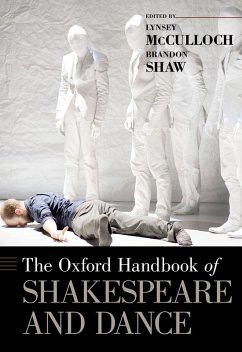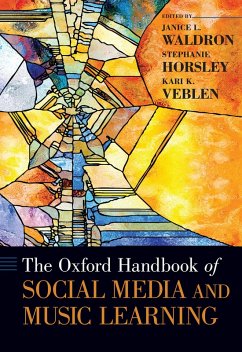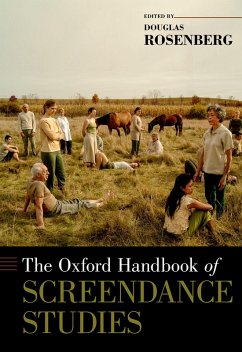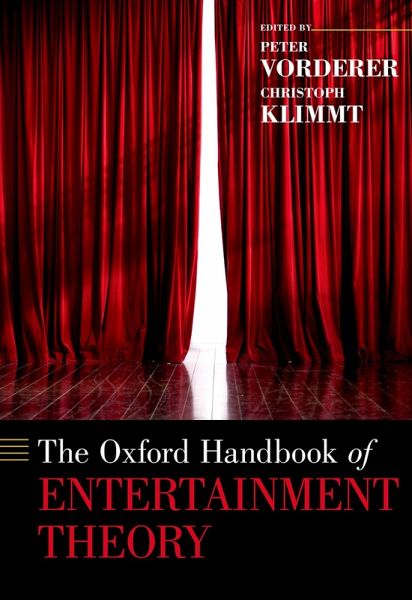
The Oxford Handbook of Entertainment Theory (eBook, PDF)
Versandkostenfrei!
Sofort per Download lieferbar
61,95 €
inkl. MwSt.
Weitere Ausgaben:

PAYBACK Punkte
31 °P sammeln!
The proliferation of new digital technologies has given rise to an entirely changed media landscape and revolutionized how we seek entertainment. Older entertainment media like novels, radio, and film have been joined by a host of digital media that smartphones allow us to carry almost anywhere and at all times, from video games and social media to video on demand services. This unprecedented ubiquity of entertainment media calls for new and more sophisticated theories that help us understand the fascination that different entertainment media exert on us and how they change the human experienc...
The proliferation of new digital technologies has given rise to an entirely changed media landscape and revolutionized how we seek entertainment. Older entertainment media like novels, radio, and film have been joined by a host of digital media that smartphones allow us to carry almost anywhere and at all times, from video games and social media to video on demand services. This unprecedented ubiquity of entertainment media calls for new and more sophisticated theories that help us understand the fascination that different entertainment media exert on us and how they change the human experience. The Oxford Handbook of Entertainment Theory surveys and furthers the most influential psychology-driven research on media entertainment to illuminate how people are drawn into media experiences. The 41 chapters in this Handbook not only offer fresh perspectives on established theories but also introduce emerging models and highlight the importance of considering the diverse backgrounds of media users when conducting research. They also cover the motivations and reactions of media users in relationship to different types of media, the trend towards interactive media such as video games and virtual reality, and particularly popular media contents like sexuality, violence, sports, and the news. As the most comprehensive overview of psychology-based research on media entertainment available, this Handbook is an invaluable resource for seasoned researchers and those beginning to learn about the field alike.
Dieser Download kann aus rechtlichen Gründen nur mit Rechnungsadresse in A, B, BG, CY, CZ, D, DK, EW, E, FIN, F, GR, HR, H, IRL, I, LT, L, LR, M, NL, PL, P, R, S, SLO, SK ausgeliefert werden.




